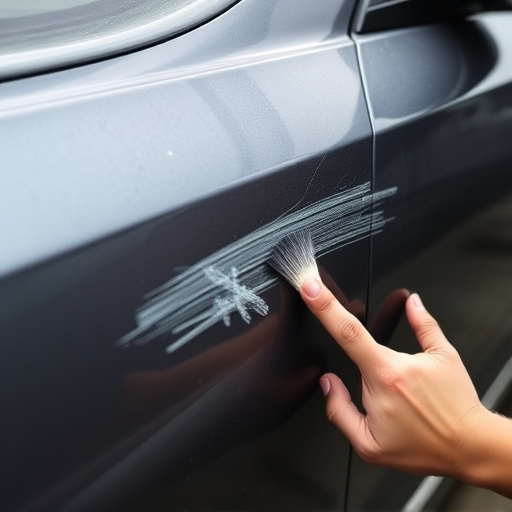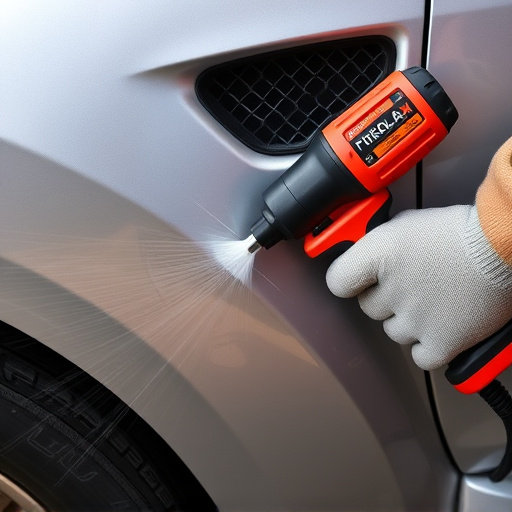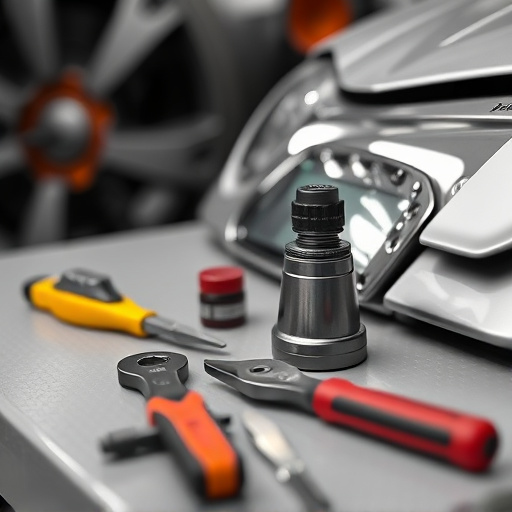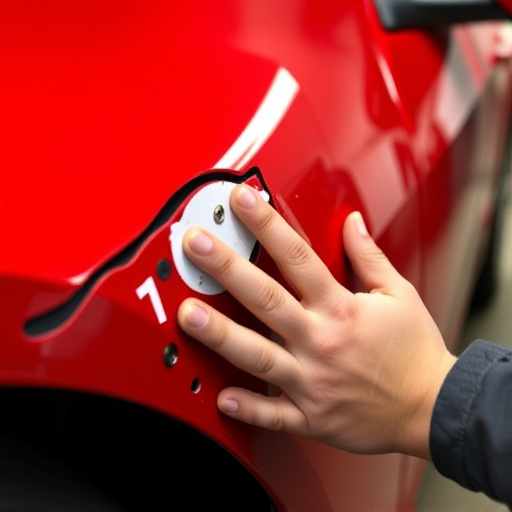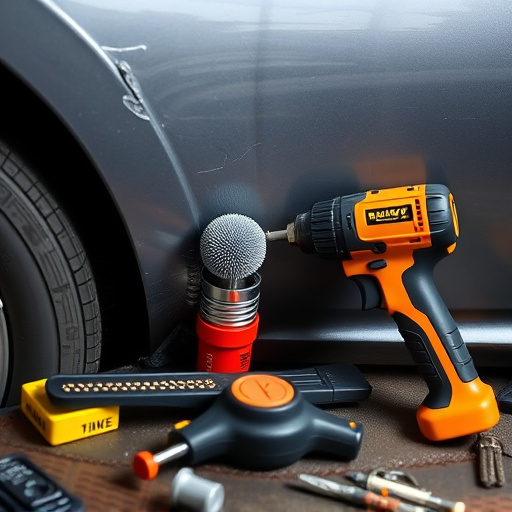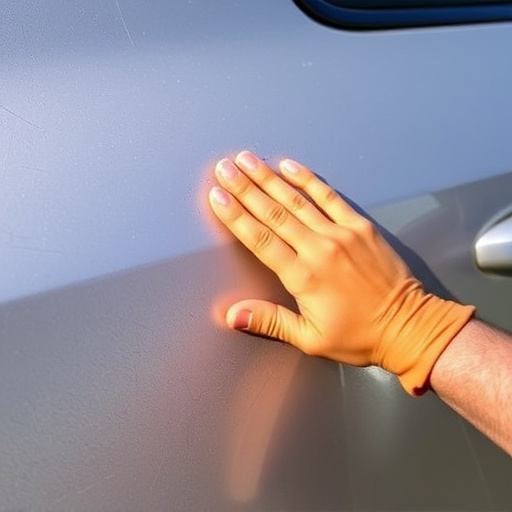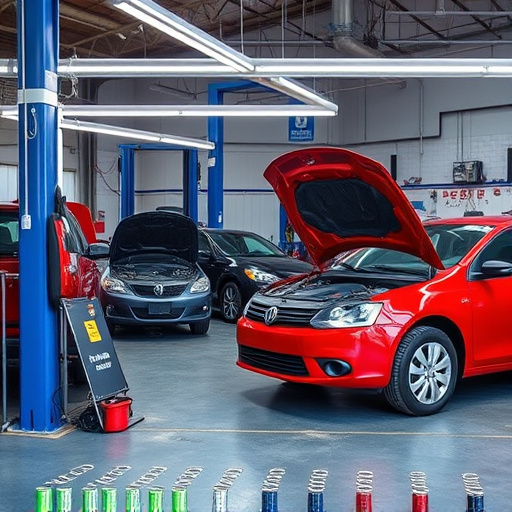Structural integrity experts require a solid educational foundation in civil or mechanical engineering, along with relevant certifications from professional bodies. They gain hands-on experience through training in metalworking, welding, and precision measuring, specializing in vehicle repairs like paint and bumper work. Continuous learning through training, workshops, and seminars is vital to stay updated on modern materials and design, ensuring safety, aesthetics, and cutting-edge expertise in a field that's constantly evolving.
“Aspiring to become a structural integrity expert? It’s a rewarding yet demanding career path that requires a robust foundation. This guide explores the essential training and qualifications needed to excel in this field. From obtaining relevant degrees and certifications to gaining practical experience, we delve into the key steps. Structural integrity experts must stay current with industry advancements, making continuous learning vital. Discover how these elements combine to prepare you for a successful career ensuring the safety and strength of structures.”
- Educational Background: Degrees and Certifications Required
- Hands-On Experience: Developing Essential Skills
- Continuous Learning: Staying Updated in a Dynamic Field
Educational Background: Degrees and Certifications Required

Becoming a structural integrity expert demands a robust educational foundation. Most structural integrity experts hold a bachelor’s degree in engineering, particularly civil or mechanical engineering. This academic path provides a solid understanding of structural design, materials science, and mechanics, which are fundamental to assessing and ensuring the integrity of various structures.
In addition to formal education, obtaining relevant certifications is crucial for establishing oneself as a structural integrity expert. Professional organizations often offer specialized certifications in areas such as structural analysis, non-destructive testing (NDT), or advanced materials technology. These certifications not only validate one’s expertise but also demonstrate a commitment to staying abreast of the latest advancements in the field, reflecting competently in the realm of fleet repair services and auto body repairs.
Hands-On Experience: Developing Essential Skills

Becoming a structural integrity expert requires a deep understanding of vehicle construction and advanced repair techniques. One of the most crucial aspects of this training is hands-on experience, where aspiring experts learn to identify and address even the subtlest issues in a vehicle’s structure. Through practical sessions, students develop essential skills such as metalworking, welding, and precision measuring, which are fundamental to their future work.
This immersive learning environment allows them to tackle various scenarios, including collision damage repair and bumper repair, enabling them to master complex tasks like vehicle paint repair. The experience not only hones their technical abilities but also instills a keen eye for detail, crucial for ensuring the safety and structural soundness of vehicles they work on.
Continuous Learning: Staying Updated in a Dynamic Field

The field of structural integrity is a dynamic one, with advancements in materials science, engineering techniques, and construction methods constantly evolving. For structural integrity experts, staying current is paramount to ensuring their expertise remains cutting-edge and relevant. Continuous learning isn’t just an option; it’s a necessity for these professionals. They must engage in regular training programs, workshops, and seminars to stay updated on the latest industry developments. This continuous education not only expands their knowledge base but also enables them to apply modern principles and technologies to complex structural integrity challenges.
One area where this ongoing learning is particularly crucial is in keeping pace with advancements in vehicle bodywork and auto painting. As cars become more sophisticated, with lightweight materials, advanced composites, and sleek designs, the skills required for car body repair and restoration evolve as well. Structural integrity experts must be adept at understanding these changes, adapting their techniques, and incorporating new methods into their repertoire to maintain the highest standards of safety and aesthetics in vehicle repairs.
Becoming a structural integrity expert requires a multifaceted approach that combines rigorous educational background, practical experience, and a commitment to continuous learning. With the right degrees, certifications, and hands-on skills, these professionals are equipped to navigate complex structural challenges and ensure the safety of our built environment. As the field continues to evolve, staying updated through ongoing training is vital for structural integrity experts to maintain their expertise and meet modern demands.
